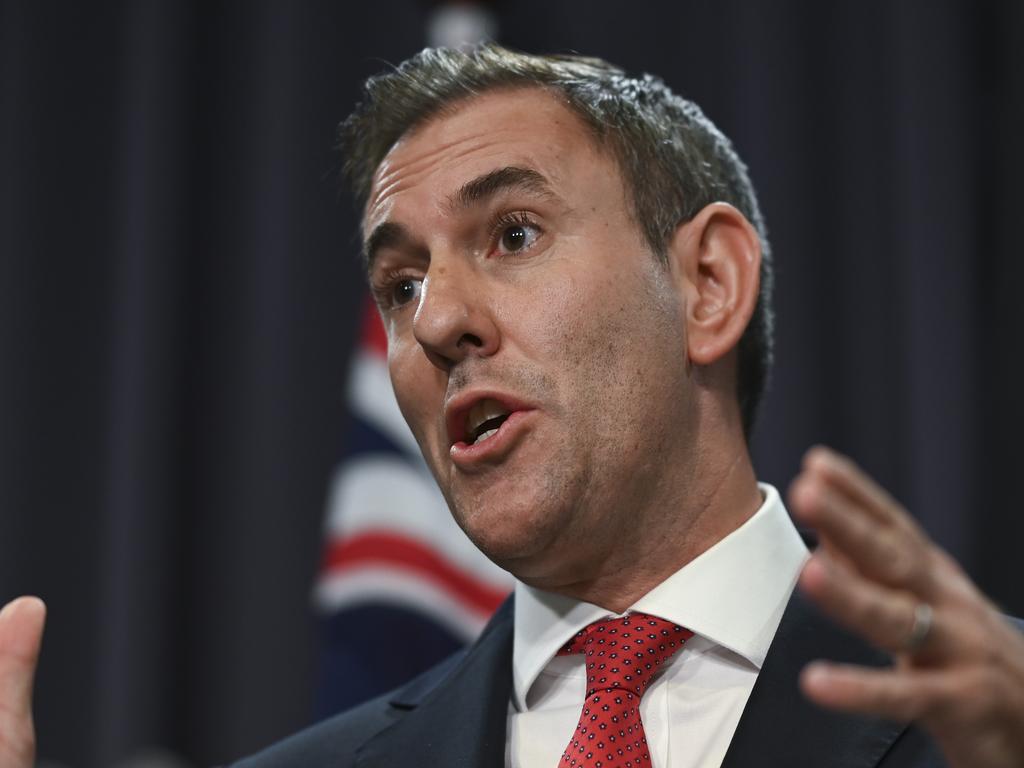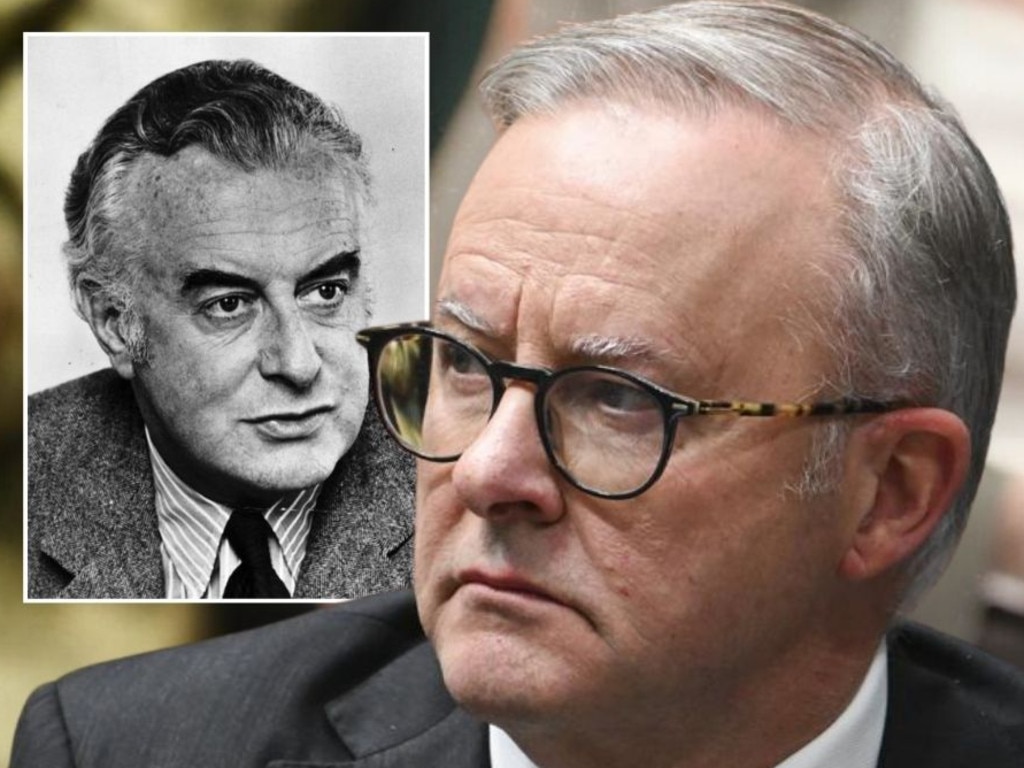Newspoll: Labor sinks in WA, losing support among younger voters
Support for federal Labor has nosedived in WA, as male voters turn against the Albanese government and younger voters swing towards the Coalition.

Support for federal Labor has nosedived in Western Australia, with the Coalition now ahead in the key resource state and drawing level in NSW for the first time since the last federal election, as male voters turn against the Albanese government.
That dip in support has been offset by a lift in support in Queensland.
Younger voters have also swung towards the Coalition, with Labor’s traditional advantage significantly eroded in a 10-point turnaround towards the Liberal-Nationals.
An exclusive Newspoll demographic and state by state breakdown shows that while the average national vote remains unchanged since the final quarter of last year, with Labor leading 52-48 in two-party-preferred terms, it is down 6 per cent on its election result in WA and sliding in NSW.
The most significant demographic movement in voting intention nationally since the beginning of the year has been among male voters and younger voters.
For the first time, the Coalition and Labor are equally split among men at 50-50, marking a six-point fall to 31 per cent in the primary vote for Labor and a three-point two-party-preferred swing against the government since the end of last year.
This is set against a one-point fall in support for the Coalition among female voters, with Labor ahead 53-47 two-party-preferred.
Among the younger voting group – the 18 to 34 year-olds – the Coalition has gained five points to a primary vote of 27 per cent, with Labor falling five points to 33 per cent.
This is the strongest result for the Coalition in this age group since the election, with its primary vote now higher than the Greens, which fell a point to 24 per cent.
However, Labor has pulled further ahead in the 35- to 49-year-old age bracket following the Prime Minister’s campaign to target “Middle Australia” with cost-of-living relief and tax cuts.
On a state-by-state comparison, the Coalition is leading Labor on primary vote in Victoria for the first time, with the government losing ground to the Greens, which have risen to 16 per cent. That churn of votes on the left has maintained Labor’s 55-45 two-party-preferred lead.
Both parties declined in South Australia, with Labor falling three points and the Coalition two points, reducing Labor’s two-party-preferred lead by a point to 54-46.
The analysis shows the Coalition ahead of Labor, two-party-preferred, in WA and Queensland and drawing level in NSW.
The analysis of the electoral landscape over the first quarter of 2024 shows Labor still leading nationally by 52-48 when averaged over polls conducted since early February. This is unchanged on the last quarter of 2023.
However, with gains in WA and a lift in support in NSW, the analysis points to a net loss of seats for Labor if the vote was repeated at an election.
Anthony Albanese remains confident Labor will be able to hold on to a majority at the next election but on the current trend, the possibility of a minority Labor government remains high.
The quarterly analysis does not cover the final week of parliament before the Easter break which was marked by the government’s failure to pass its emergency deportation laws.
When compared to the 2022 election, Labor is on track to repeat its results in Victoria and SA and improve slightly in Queensland.
The improvement of one point in Queensland would not be enough to secure Labor another seat in that state, however.
Labor would also narrowly undershoot on picking up a seat in SA and Victoria.
However, the six-point fall in WA, if uniform, would result in the loss of two Labor seats, with a further two seats in NSW under 1 per cent. The loss of four seats would be enough to just tip Labor into minority government.
Compared to the December analysis, which included the fallout from the defeat of the voice referendum, the average satisfaction rating for Mr Albanese has remained largely unchanged from a net negative average of minus nine in the last quarter of 2023 to an averaged minus eight in the first quarter 2024 survey period.
Similarly, Liberal leader Peter Dutton’s net negative average to December 23 of minus 13 has stayed relatively unchanged, averaging minus 14 for the first quarter of this year.
The demographic breakdown shows that despite a three-point gain among 35- to 49-year-olds, Labor has gone backwards in two key household income demographics covering households earning between $50,000 and $150,000.
Among households on incomes of more than $150,000, the Coalition has maintained its slight advantage with a 51- to 49 per cent lead.
The satisfaction ratings of both leaders remain in negative territory with a slight improvement for Mr Albanese and a one-point fall for Mr Dutton compared to the previous quarterly numbers.
The most recent Newspoll published last Monday showed a fall in support for Labor compared to the previous poll, with its primary vote dropping to 32 per cent – the second lowest since being elected – and lower than its election result.
The two-party-preferred vote was 51-49 in Labor’s favour, suggesting that if repeated at an election, Labor would likely be forced into minority government.
The Newspoll analysis covers the period from January 31 to March 22 and includes 3691 voter surveys throughout Australia.
Individual state sample bases range from 278 to 1152 voters.








To join the conversation, please log in. Don't have an account? Register
Join the conversation, you are commenting as Logout